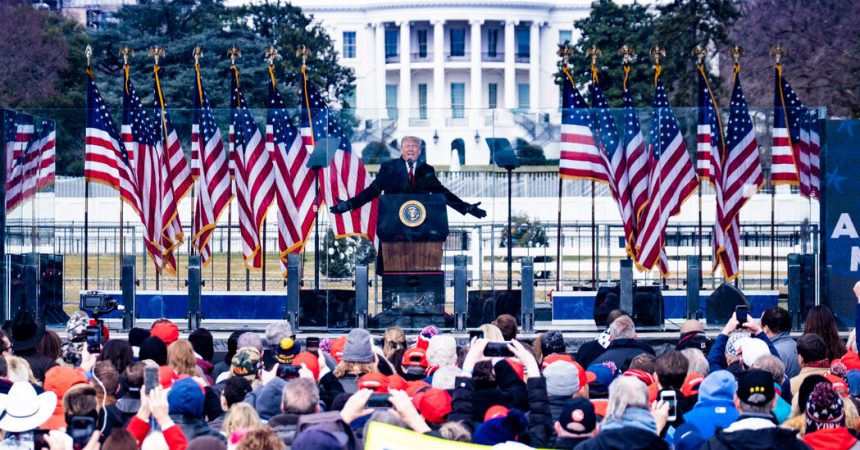The Supreme Court granted Trump substantial immunity
The Supreme Court ruled yesterday that Donald Trump was entitled to substantial immunity from prosecution, a major statement on presidential power that could have long-term repercussions.
The crux of the ruling, which was decided on a 6-3 vote on partisan lines, is in the difference between official and private conduct. Broad immunity for official conduct is needed, Chief Justice John Roberts wrote for the majority, to protect “an energetic, independent executive.”
The ruling will almost certainly delay Trump’s trial on charges of plotting to subvert the 2020 election until after the 2024 election. The case now returns to the lower court, which will decide whether Trump’s actions were in an official or private capacity. If Trump wins re-election, he can simply order the Justice Department to drop the charges.
The dissenting liberal justices warned that the ruling extended a level of immunity that could undermine democracy, and said that the decision made the president into “a king above the law.”
France reeled after far-right victory
For many, France felt like a different place yesterday after the first round of snap elections. The far-right National Rally party, led by Marine Le Pen, won a record number of votes, and President Emmanuel Macron’s centrist Renaissance party appeared to be near collapse. Here are five takeaways.
Frenetic campaigning has begun for Sunday’s runoff election. Only 76 seats of the 577 seats in the National Assembly were won outright, and there will be a battle for the remaining seats this week.
The big question is whether the National Rally will get enough seats in the runoff to command an absolute majority. If that happens, Macron will be forced to appoint a political adversary as prime minister, shifting domestic policy and muddling foreign policy.
If that doesn’t happen, the National Assembly will most likely be ungovernable, with Macron’s party and its allies squeezed between the right and the left, my colleague Roger Cohen writes in an analysis. France would likely face months of political deadlock or turmoil.
Biden’s campaign tries to reassure donors
President Biden’s top campaign official was expected to hold a crucial conference call with donors to try to convince them that the president can still beat Donald Trump in November.
The rush to speak with donors was the campaign’s most formal effort yet to tamp down panic after Biden’s shaky and disjointed performance in Thursday’s debate. Preserving the donor base will be critical to the president’s argument for staying in the race, even as his team braces for poll results this week that could show whether the debate has tanked his support.
Just a few decades ago, many researchers considered pets to be deeply unserious study subjects. Today, companion animals are scientifically in vogue.
Experts around the world are peering deep into the bodies and minds of cats and dogs. The research, which sometimes relies on data from tens of thousands of pet owners, promises to also inform human medicine.
Lives lived: Ismail Kadare, an Albanian novelist and poet whose dark, allegorical work obliquely criticized his country’s totalitarian government, died at 88. Here’s a guide to his books.
CONVERSATION STARTERS
A culture war over Britain’s stately homes
Dozens of properties owned by the National Trust, which manages many of Britain’s prized historic homes, have deep ties to colonial exploitation and slavery.
But when the organization highlighted these links in displays at dozens of its properties, it caused a conservative backlash. Right-wing columnists and academics accused the trust of being “woke” and “anti-British,” and began a campaign to roll back some of the changes. For three years, that battle has played out on social media and in Britain’s right-wing newspapers.
Hilary McGrady, the trust’s director general, said she could understand how the changes “might feel unnerving.” But what she can’t understand are the claims that the trust is on “a mad campaign to undermine history.”






